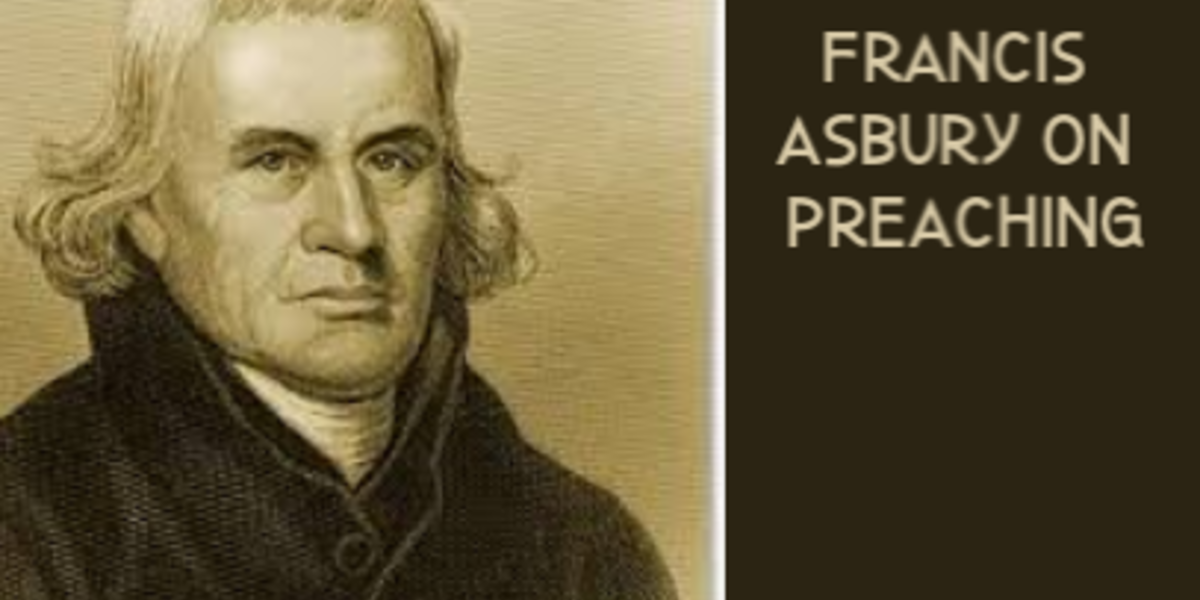
One of the greatest circuit riding preachers of all time was Bishop Francis Asbury, From Maine to Georgia and back again he crossed the Appalachians and in the process, he laid the foundation of religion in America.
Bishop Francis Asbury crossed these Smoky Mountains approximately 60 times on horseback over a 45 year period. That’s about 270,000 miles, or about 10 times the circumference of the earth’s surface.
In 1771, when Francis Asbury arrived from England there were only 600 Methodist and 3 preachers in the New World, by the time he died, in 1816, there were more than 215,000 Methodist and more than 2,000 preachers. How did one man manage to build a religion? His is a story of determination, undying faith and courage.
Ordained in 1884 as the first Bishop of the Methodist church in America, his personality was molded by harsh weather, endless hardships and a very rugged and unforgiving terrain. He never had a home other than the back of his horse; carrying a rifle on his side was a warning to Indians not to interfere with his ministry. Sleeping where he could and depending on the grace of others, sometimes being denied a bed or a place to rest by strangers, he persevered and more often than not, Bishop Asbury won over those he met.
It is said that by the time of his death, Bishop Francis Asbury was the most well known man in all of America. Even for all of his fame, he still preferred the life of solitary, rejecting the idea of ever taking a wife because living on the trail more than 300 days per year was no way for a woman to live. He once wrote in his journal that his mission was to conquer souls and he was always a willing speaker where men would assemble. He needed no church to preach his sermons. An open field, a school house, or a courthouse would do just fine.
In November 1810, Bishop Asbury crossed Cataloochee Creek just south of Mt. Sterling Gap in the Smoky Mountains. He had preached in Knoxville, which was then the State Capitol of Tennessee. It had been 10 years prior, while in Knoxville, Bishop Asbury stayed at the home of Francis Ramsey, which is a historical landmark today. Bishop Asbury wrote of Mr. Ramsey in his journal “it may not be amiss to mention that our host has built his house and takes in his harvest without the aid of whiskey, we were kindly and comfortably entertained.”
In October 1815, Bishop Asbury made his last journey to Tennessee; he died in March 1816 a mere 1 week after preaching his last sermon in Richmond Virginia. In his lifetime, Bishop Francis Asbury had preached approximately 16,000 sermons and left behind a new religion and a new world, he had taken his message to everyone from New England farmers to the mountain folk of the Smokies with his unshakable sense of purpose.
